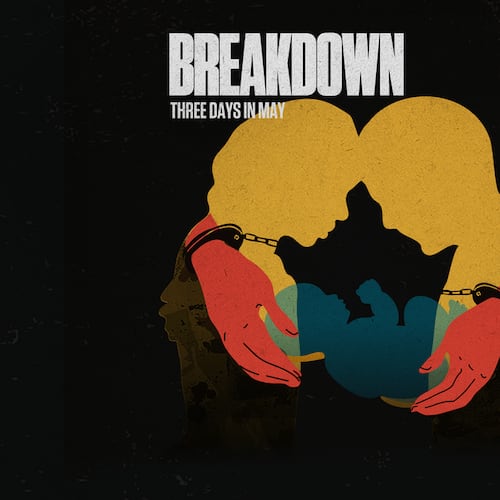MARTA board members have admitted they broke the law during their search for a new general manager, but blamed the procedural missteps on poor legal advice and continued to deny conducting illegal votes.
“We’re pleased that this matter has been resolved,” said board Chairman Fred Daniels. “MARTA remains committed to compliance with all requirements of the Georgia Open Meetings Act and the Open Records Act.”
In October, state Rep. Mike Jacobs, R-Atlanta, filed a complaint with the state attorney general alleging the MARTA board had conducted an illegal “secret” vote by email to decide which of four finalists should be selected general manager.
“Thankfully the MARTA board recognizes and admits it had problems,” said Jacobs, who chairs the legislative committee that oversees MARTA. “It is clear that future violations of the Open Meetings Act or Open Records Act at MARTA will be met with sanctions.”
But in Monday’s agreement with the attorney general, the board admitted only to what appeared to be two technical violations of the open meetings law. The board failed to post notice of search committee meetings that otherwise were closed to the public since the search was conducted in secret. The committee chairpersons also failed to immediately swear affidavits stating the legitimate reason for the closure, which was to discuss candidates for the high-profile public job.
Attorney General Sam Olens said he still considered the email votes — which MARTA officials contended were proper vetting of candidates — improper. But he wanted to resolve the case, which was a first violation for MARTA. No fine was assessed.
The agreement stated board members said they were following the advice of their legal counsel, Charles Pursley, in conducting the search.
“We were more interested in negotiating a settlement that would authorize higher sanctions in the event of a second violation,” he said.
The Sept. 13th email from Board Vice Chair Barbara Kaufman that started the investigation referred to voting when the board had four finalists. The email said:
“On Monday we decided that by close of business today we would have decided on our successor. I plan to call each of you soon. It would make my life easier if you send me an email with your vote or the best phone number and time to reach you.”
In October, the board chose former San Antonio transit chief Keith Parker as its new general manager in a public vote.
Olens said all votes — not just final ones — must be in public; MARTA officials have argued the word “vote” was used loosely in the email, which was to find out which candidate board members favored. Georgia First Amendment Foundation executive director Hollie Manheimer said the email polling clearly violated the spirit of the Open Meetings Act.
“The point of the Open Meetings Act is to allow the public to see how its public agencies work, particularly how the members of any given public agency vote,” Manheimer said. “Informal polls, email polls and other similar mechanics undermine the purpose of the act, even if it turns out such actions might have been technically correct. Most prudent public agencies steer clear of any voting behaviors that even suggest a violation of the state’s Open Meetings Act.”
About the Author
Keep Reading
The Latest
Featured

